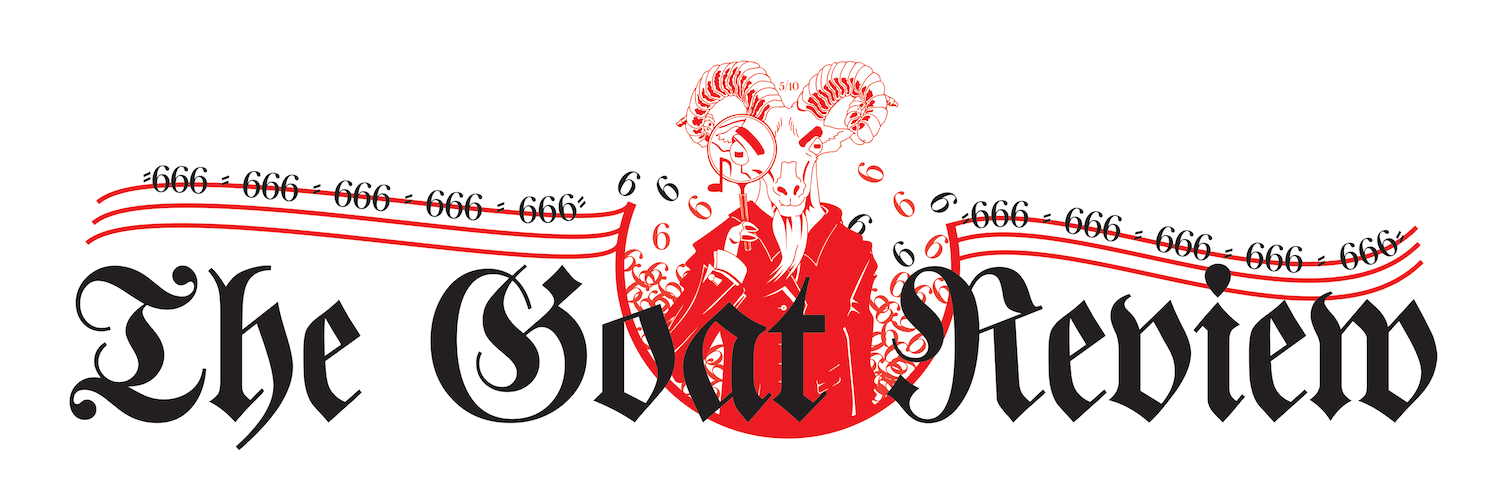
If you are unsuccessful long enough, the lack of success becomes the appeal. This has been true for many cult acts from the 80s and 90s, often overshadowing acts that were actually popular at the time. This late success is not always warranted – Anvil‘s career, animated for the first time through the documentary chronicling their lack of success, is an example for one that is not motivated by the bands quality. Cirith Ungol however is a band that deserves success on many levels. For one, the band has been heavily influential but rarely copied. One of the posterboys often quoted by contemporary Epic Metal bands, Ungol sound much rougher around the edges than the modern, squeaky clean Epic Metal scene could ever dream of. At the same time, the band always manages to sound bigger and more meaningful than the simple material would suggest. There are no keyboards, no choirs or Symphonics anywhere in Ungol‘s sound. Yet, the material sounds grand, suggesting the epic tales of fantasy and debauchery that make up the bands lyrics (and likely their D&D campaigns).
It is no surprise that the band couldn’t be particularly successful in their own time. The sound had a certain throwback appeal, but it aimed for utterly the wrong decade. Ungol built on the sound of the 70s, establishing a heavier version of the section of 70s rock that was as enamored with Swords and Sorcery as the band itself. At the same time, underground production value, singer Tim Baker‘s unusual voice and style made the entry into Ungol-fandom even harder. Cirith Ungol requires some time to worm into your brain and, even as a fan, I must admit that a lot of their classic material is an acquired taste and certainly not beginners material in the realm of Traditional Metal. Dark Parade and preceding album Forever Black is a good starting point because history proves to be kind for the hidden gems of Heavy Metal. As the band is considered a hidden gem you have to be in the know about, suddenly there is a market value high enough for a label to throw money at. The Dark Parade has the ideal kind of throwback production. The album feels organic, warm but natural. The worst tendencies of retro producers – too much reverb and artificially roughing up the production – are mostly eschewed and the album sounds like Cirith Ungol should have sounded at the time. This is fitting considering how honest the band sounds. Their best tendencies are present on this album. Particularly “Sailor on the Seas of Fate” and closer “Down Below” suggest the aforementioned bigger picture. The guitar work is enjoyably indulgent without turning into wank or bragger, showcasing a band that loves making music and being on stage now more than ever. When I saw the band at Wacken Open Air 2022, Baker told the audience how thankful he was to stand on a stage of this size, being in disbelief about how many people showed up. Many frontmen make similar statements and it will most often sound like platitudes. The warble in Baker‘s voice as he said it suggested that, for once, a band meant it. It’s lucky that their album seems to really mean it as well.
